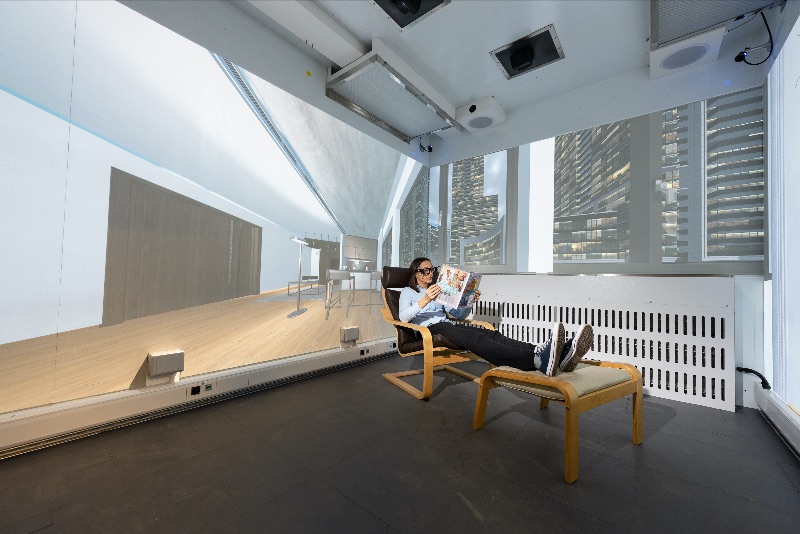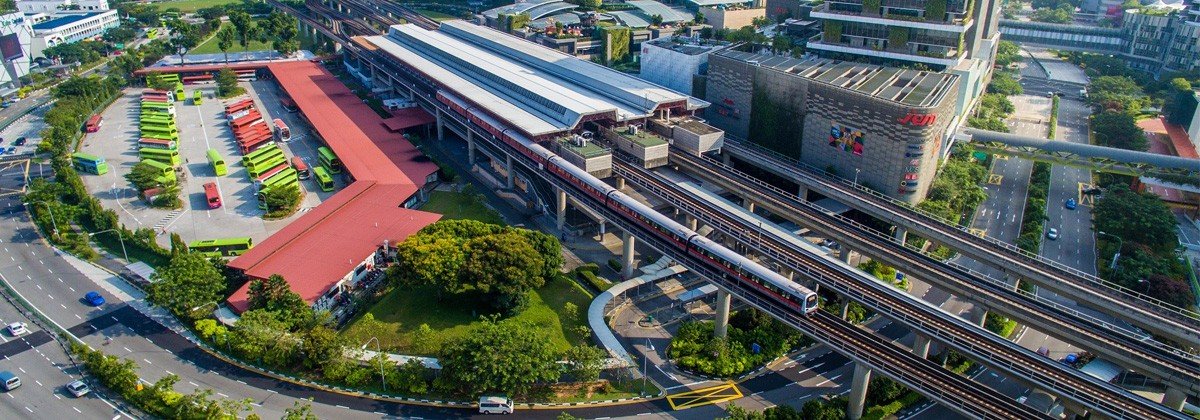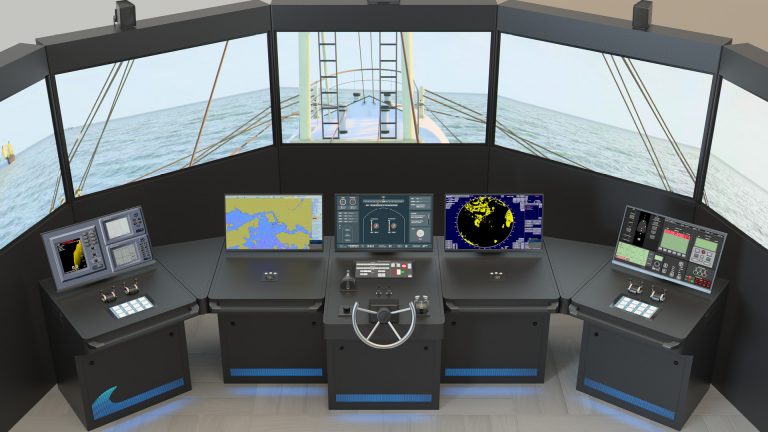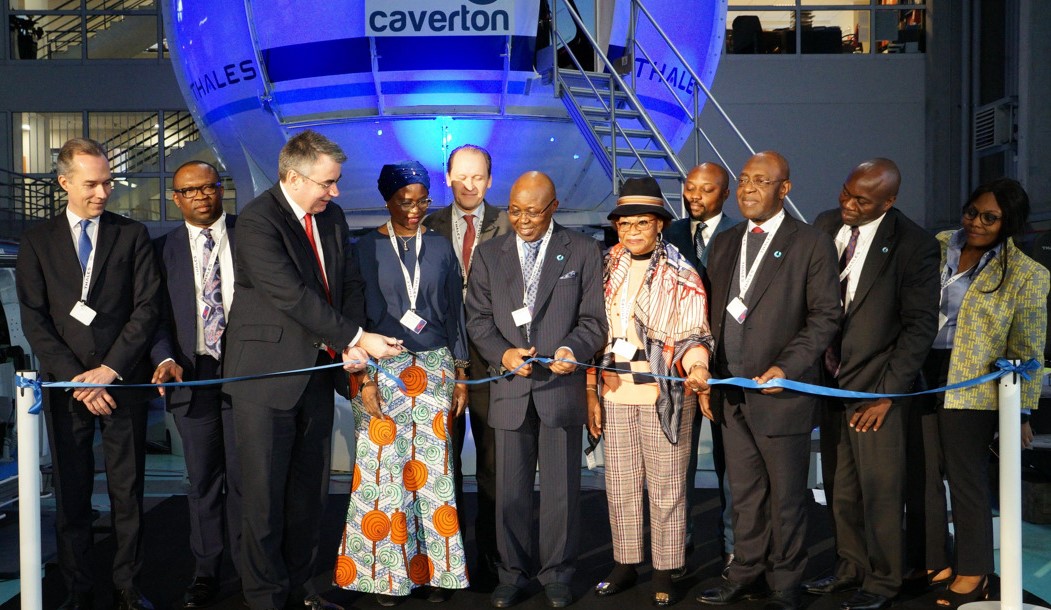USF Engineering Institute Awarded Contract with US SOCOM
The University of South Florida (USF) Institute of Applied Engineering and U.S. Special Operations Command (SOCOM) have agreed to a new, multi-year contract that paves the way for researchers and students to collaborate with SOCOM to help solve significant challenges facing the nation. The five-year contract is worth a maximum value of $85 million and calls for the USF Institute of Applied Engineering’s expertise in applied research and advanced technology development to be utilized to support SOCOM’s needs in a range of scientific and engineering disciplines. From left to right: Mark Sharpe (Tampa Innovation), Sharon Pinson (IAE), Rachel Musaerenge (IAE ), Siladeth Rattanakongkham (IAE), John Harrington (IAE), Tim Baxter (SOFWERX), Eric Forsyth (IAE), witness Dean Robert H. Bishop signing the contract. Image credit: USF “I firmly believe it’s the role of a public research university to catalyze regional economic development, and that can only be achieved through high-impact partnerships with government and private industry,” said USF President Steven C. Currall. “By forming this type of partnership, USF is helping to elevate the Tampa Bay region as we seek to shape a more knowledge-based economy.” Over the course of the contract, the USF institute will complete individual task orders [...]




